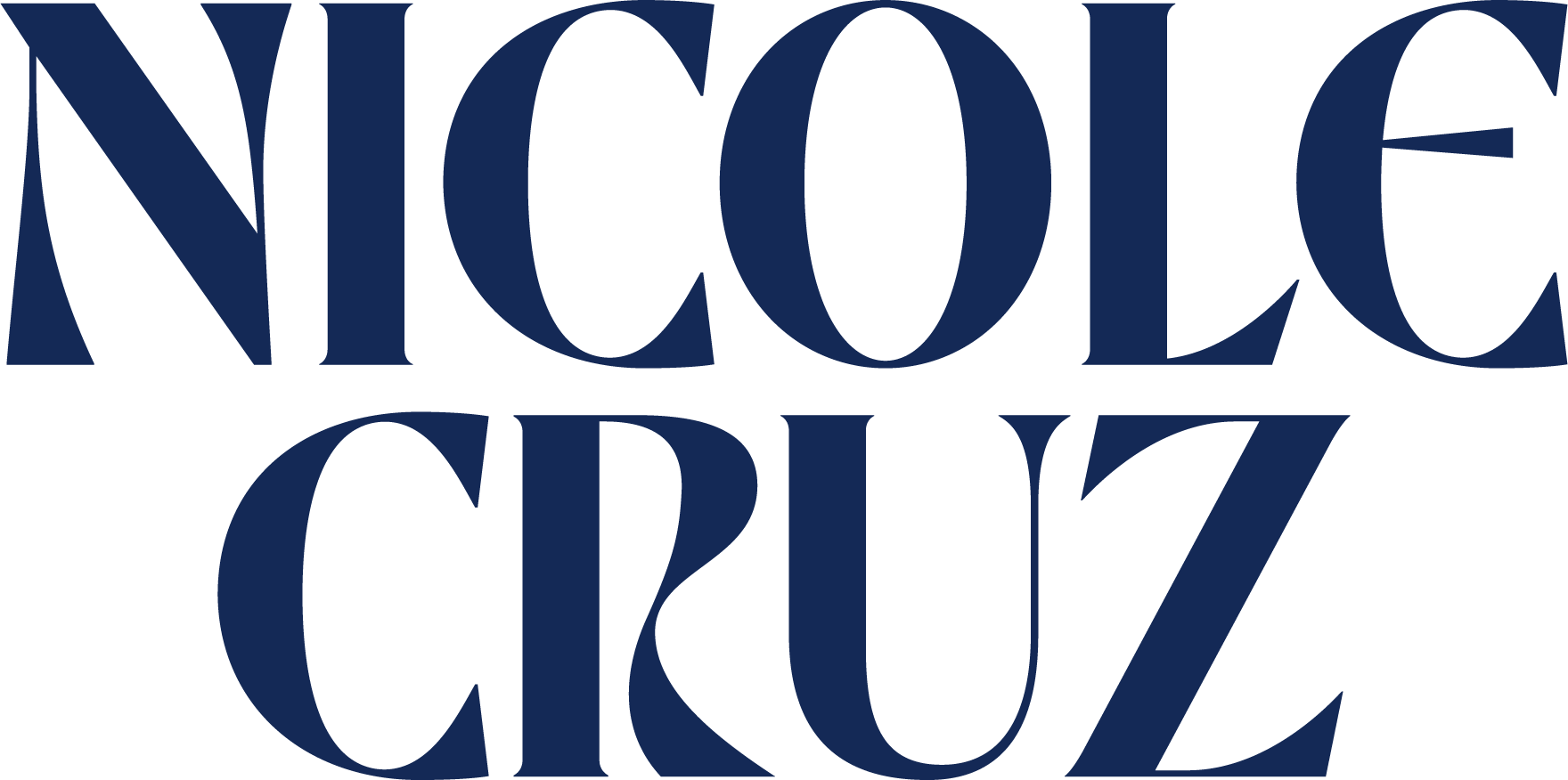Worst-case scenario thinking is often our response to the unknown. In this blog we explore the roots of our worst-case scenario thinking and how to change it.
You might be currently looking for a new job.
And you’re probably ready to be in a career that you really want, not just a job that keeps you surviving.
With career changes (or any change), there comes a lot of unknowns.
Unknowns are usually scary because our brains automatically want to fill in the unknown outcomes with the worst-case scenario.
One of my leadership clients shared that planning for the worst-case scenario feels like she has more control over the outcome.
But…what if you also had control over the best-case scenario? (oh, whaaaaa?).
Interested in learning more? Read on…
Cultural Connection
Worst-case scenario thinking is a survival mechanism. It allowed for our ancestors to expect and plan for terrible outcomes and, sometimes, those outcomes were their reality. They didn’t have the luxury to create their ideal scenario because the odds were highly stacked against them.
Their experience of living through worst-case scenarios also created an expectation that the worst-case will usually happen.
Many of us are taught to not expect too much, to not dream too big, because it’s not going to happen and then we’ll be disappointed.
A lot of my clients say that they feel “delusional” and “foolish” if they even try believing in the best-case scenario.
So, to avoid feeling foolish and disappointed, we don’t allow ourselves to believe that something better could happen. We tell ourselves that we’re being realistic.
When, what we’re really doing is diminishing the chances that a better outcome will happen. By avoiding future hypothetical disappointment, we’re making ourselves feel actual disappointment right now.
When we believe in the worst-case scenario, we feel discouraged. And from that feeling, we take action that actually perpetuates the worst-case scenario.
Here’s an example:
When I was first starting my coaching business, sometimes I would believe, “I’m never going to get clients.” When I thought that, I would stop showing up on Instagram and I would stop making offers to people. The result? I wouldn’t sign clients.
But when I let myself believe, “I can totally sign another client”, I would reach out to people and I would offer to help others. The result? I would sign another client.
First name / Fam, just as you feel like you have control over the worst-case scenario, you have equal control over the best-case scenario.
Believing in the worst-case scenario felt like a protection for our ancestors. But it doesn’t have to be our go-to anymore. We have the ability and circumstances to create different realities for ourselves.
How to Change Worst-Case Scenario Thinking
Instead of jumping all the way to best-case scenario thinking, what would feel like a “medium”-case scenario?
- Think of something that feels unknown right now, something that you want to assume that the worst will happen.
- Challenge yourself to think of an alternate outcome that feels a little better. There’s no wrong option.
- Really allow yourself to vividly imagine that new outcome. How does it feel? What does it look like?
- Now, what different actions would you take if that alternative outcome was a possibility? Write down anything that comes to mind.
- Take one of those actions in the next week.
By doing this, you are stretching your brain to think beyond its default impulse. You are inviting NEW possibilities into your reality.
And I guarantee you that even just allowing yourself to believe in something better will influence your results.
____________________________________________________
Ready to bravely take a step towards the unknown career path?
Join my Living Bravely Program. This is a clarity and courage program tailored for 1st & 2nd generation immigrants of color. Through a culturally-centered and trauma-informed approach, you will be supported to get clear on your calling and make a brave career change.
